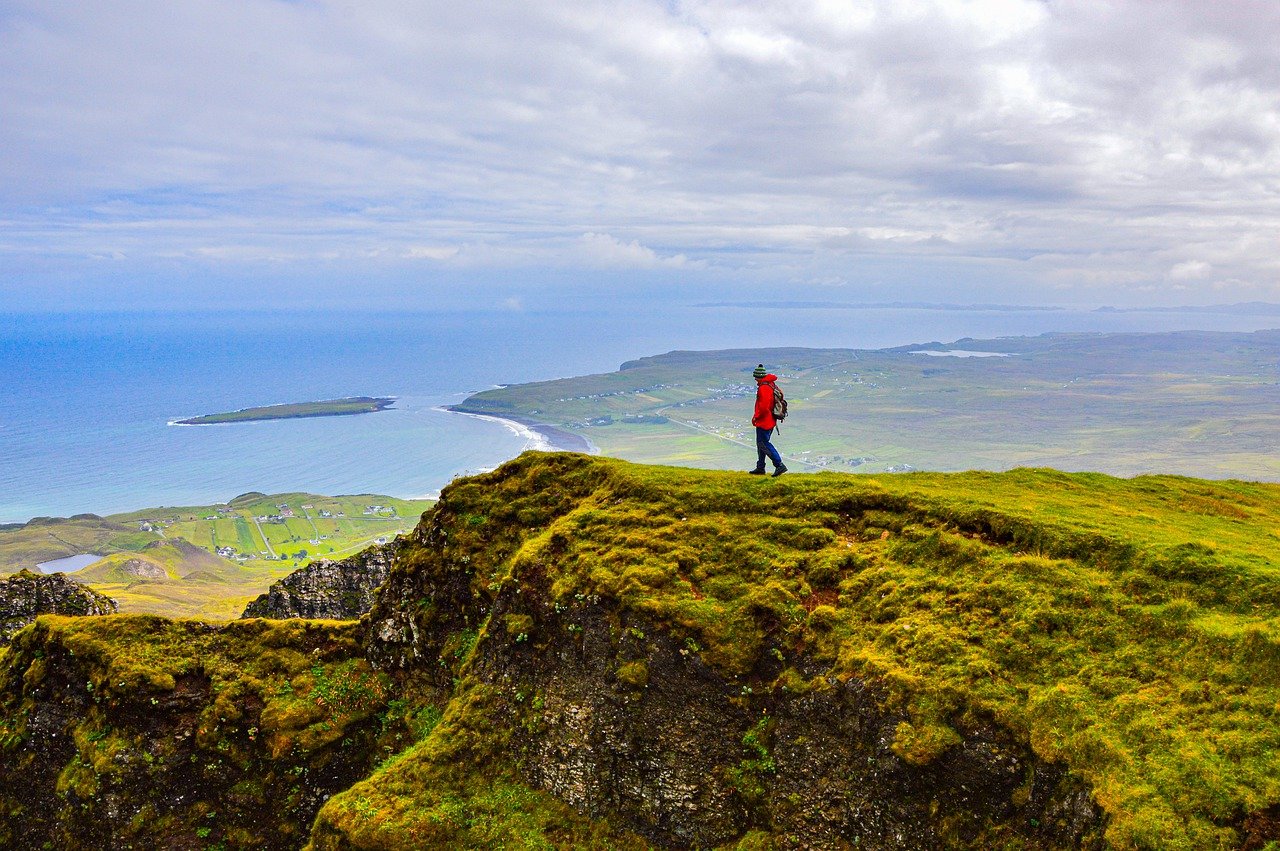Whether you’re a beginner hiker or an experienced backcountry enthusiast, you probably know that it’s important to be respectful of the outdoors and minimize your impact on nature when you’re out on the trail. But did you know that there is a national organization dedicated to helping people learn this vital lesson?
For over 25 years, the Leave No Trace Center for Outdoor Ethics has been teaching and inspiring people across the country and around the world to enjoy the outdoors responsibly. Through cutting-edge, research-based education and programs, Leave No Trace is working hard to ensure that everyone has the necessary knowledge and skills to protect and care for the natural world. By transforming outdoor lovers into informed environmental stewards, Leave No Trace aims to support a safe and sustainable future for the outdoors and the planet.
At the heart of the Leave No Trace mission are seven essential principles that were originally developed for backcountry travel. Now well-established and adaptable to just about any outdoor recreation situation, these principles provide an easy-to-understand guide to minimum impact practices that anyone can and should use when visiting the outdoors. Read on to learn more.
1. Plan ahead and prepare.
Whether you’re going on a day hike or a multi-day backpacking adventure, careful planning is the first step to minimizing the impact you’ll have on your surroundings. When you know what terrain and weather conditions you’ll be dealing with, and you properly understand the abilities and expectations of your group, you’re better able to avoid damaging or degrading natural resources. For example, by familiarizing yourself with your route well ahead of time, you reduce the risk that you might accidentally wander off the trail and damage fragile plants or other landscape elements.
2. Travel and camp on durable surfaces.
When hiking and camping outdoors, it’s best to limit your activity to resilient ground whenever possible. Stick to durable surfaces such as sand, gravel, rock, snow, or dry grass, as these are better able to withstand heavy use than ground that is home to surface vegetation or communities of organisms.
3. Dispose of waste properly.
When it comes to waste on the trail, the rule of thumb is “pack it in, pack it out.” In other words, plan to bring any and all waste back home with you rather than leaving it out in nature (this includes biodegradable food scraps such as banana peels and paper items such as toilet paper and other hygiene products). Human waste should be disposed of in “catholes,” which are holes dug at least 6 inches deep in the soil and located a minimum of 200 feet away from any water source. Finally, you can also do your part to keep the outdoors free of waste by picking up and packing out any litter that other hikers may have left behind.
4. Leave what you find.
Other than your garbage, you shouldn’t take anything else home with you from a day out hiking. Everything that you find in the wilderness belongs there and should be left for others to enjoy. Don’t pick plants, move rocks, or disturb cultural or historic artifacts such as arrowheads or petrified wood.
5. Minimize campfire impacts.
Gathering around a campfire is certainly a wonderful way to finish off a day of hiking, but it’s important to understand that the overuse of fires and growing demand for firewood has had a major negative impact on many natural areas. A better option is to use a lightweight, efficient camp stove—these allow you to cook your food, provide you with extra warmth, and best of all, leave no trace. If you do choose to have a fire, use existing fire rings or mounds, and keep the fire small.
6. Respect wildlife.
One of the joys of hiking is getting glimpses of wildlife along the trail, but make sure to give wild animals quiet and space—remember, when you are outdoors in nature, you are a visitor to these animals’ homes. If you see an animal, feel free to quietly observe it, but keep your distance and don’t make any attempt to attract or approach it, as this will likely cause it stress and force it to flee. Never touch or pick up a wild animal, and never feed a wild animal or leave human food for it to find.
7. Be considerate of other visitors.
In addition to respecting wildlife, it’s important to show respect and consideration for other trail users. Many people visit the outdoors to listen to and learn from nature, and everyone should be able to enjoy that experience peacefully. When you’re on the trail, always think about how your actions and behavior might be affecting someone else. Keep voices and noises low, make sure any accompanying pets are under control, and follow any posted trail rules including those indicating rights of way.

Sorry, comments are closed for this post.